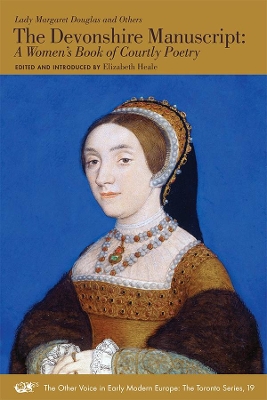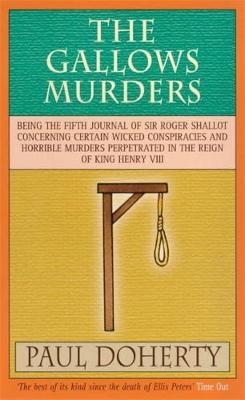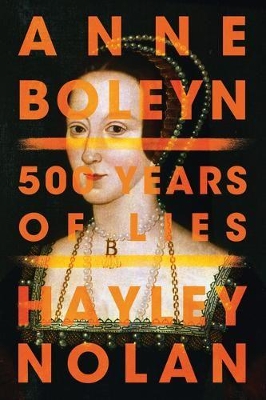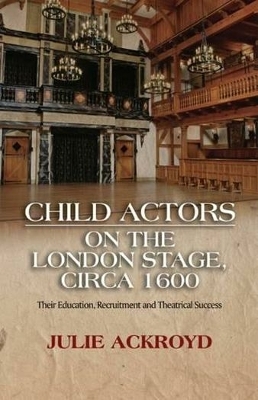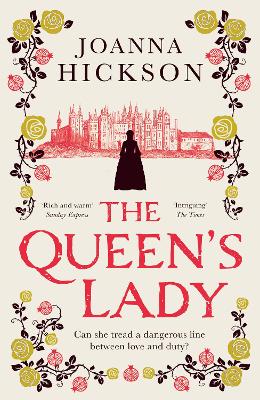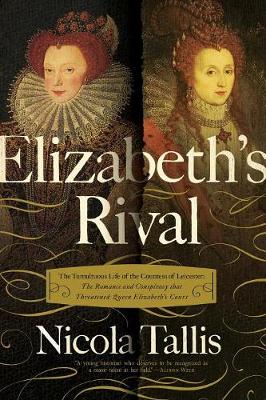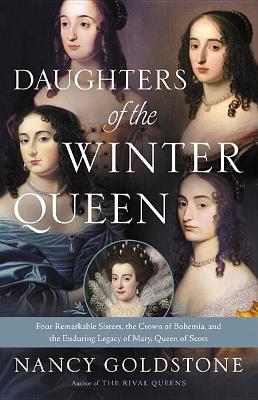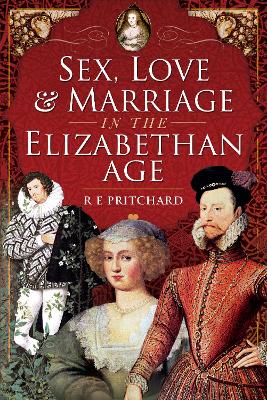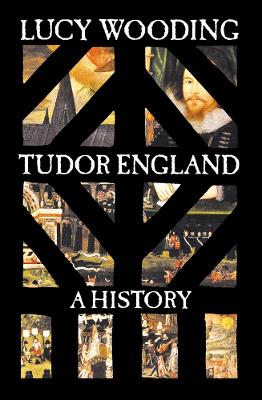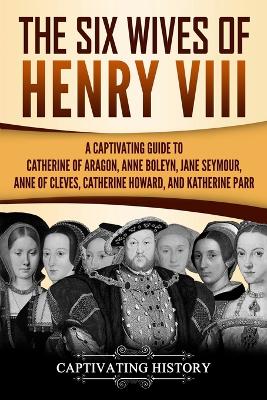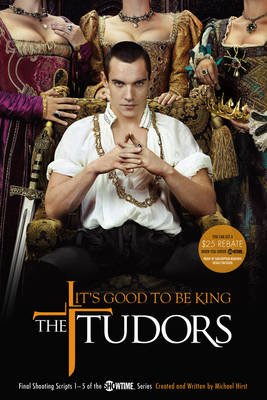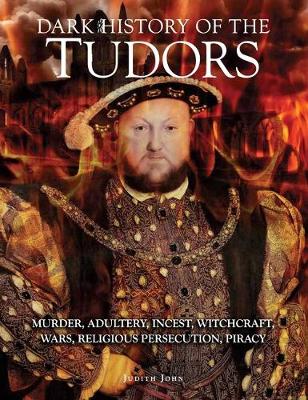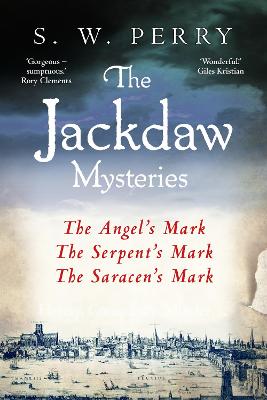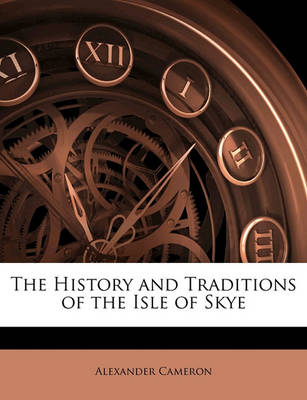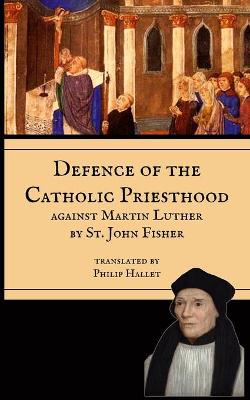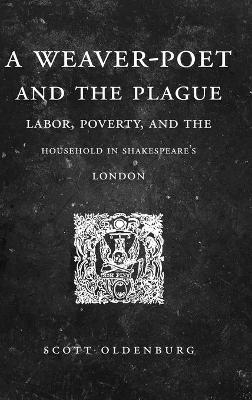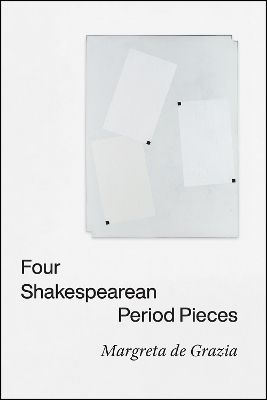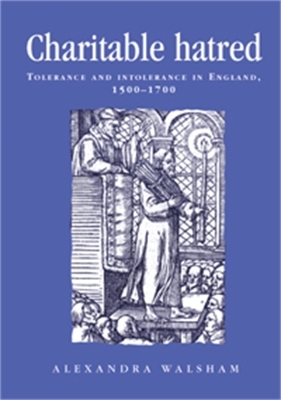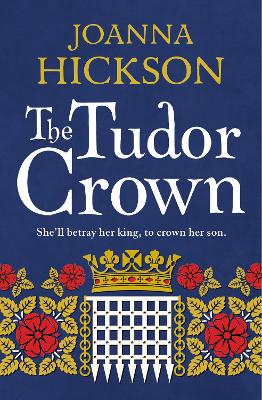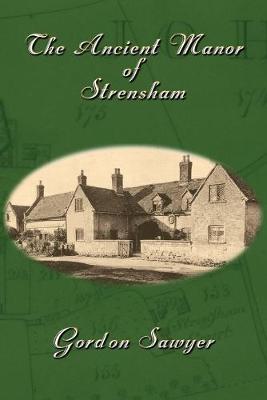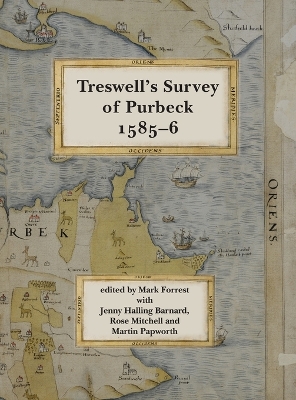The Devonshire Manuscript (Other Voice - Toronto, #19)
by Lady Margaret Douglas
This is an essential volume, and there’s no scholar better equipped to edit it than Elizabeth Heale, whose expertise on early women’s writing in manuscript is unsurpassed. The Devonshire Manuscript is a vital source of Tudor literary history, illustrating the circulation of lyrics by Tudor poets such as Sir Thomas Wyatt, and offering evidence of collaborative forms of production and circulation that challenge prior assumptions about early forms of authorship, readership, and literary culture mor...
In the summer of 1523, the hot weather and the sweating sickness provide a fertile breeding ground for terrible murders and the most treasonable conspiracies. King Henry VIII has moved the court to Windsor where he slakes his lusts whilst the kingdom is governed by his first minister, Cardinal Wolsey. Someone is sending the King threatening letters from the Tower, under the name and seal of Edward, one of the princes supposedly murdered there, demanding that great amounts of gold be left in diff...
A legal document dated 1600, for a Star Chamber case titled Clifton versus Robinson, details how boys were abducted from London streets and forcibly held in order to train them as actors for the Blackfriars theatre. No adults were seen on-stage in this theatre, which was stocked solely by acting boys, resulting in a satirical and scurrilous method of play presentation. Were the boys specifically targeted for skills they may have possessed which would have been applicable to this type of play pre...
‘Fascinating’ Choice ‘This well-researched novel draws you straight into the heart of this engaging story’ My Weekly ’A stunning evocative novel… I was completely captivated’ Clare Marchant, author of The Queen’s Spy Can she tread a dangerous line between love and duty? Raven-haired and fiercely independent, Joan Guildford has always remained true...
Now a major film, this is a dramatic reinterpretation of the life of Mary Queen of Scots by one of the leading historians of this period. Who was the real Mary Queen of Scots? The most enigmatic ruler of England lived a life of incredible drama and turmoil: crowned Queen of Scotland at nine months old, and Queen of France at sixteen years, she grew up in the crosshairs of Europe's political battles to become Queen Elizabeth's arch rival. This book tell...
The thrilling family saga of five unforgettable women who remade Europe. From the great courts, glittering palaces, and war-ravaged battlefields of the seventeenth century comes the story of four spirited sisters and their glamorous mother, Elizabeth Stuart, granddaughter of the martyred Mary, Queen of Scots. Upon her father's ascension to the illustrious throne of England, Elizabeth Stuart was suddenly thrust from the poverty of unruly Scotland into the fairytale existence of a princess of...
Most people have always been interested in sex, love and marriage. Now, this entertaining and informative book explores the surprisingly varied and energetic sex and love lives of the women and men of Queen Elizabeth's England. A range of writers, from the famous, such as Shakespeare, John Donne and Ben Jonson, and lesser-known figures popular in their time, provide, in their witty stories, poems and plays, vivid pictures of Elizabethan sexual attitudes and experiences, while sober reports from...
A compelling, authoritative account of the brilliant, conflicted, visionary world of Tudor England When Henry VII landed in a secluded bay in a far corner of Wales, it seemed inconceivable that this outsider could ever be king of England. Yet he and his descendants became some of England’s most unforgettable rulers, and gave their name to an age. The story of the Tudor monarchs is as astounding as it was unexpected, but it was not the only one unfolding between 1485 and 1603. In cities, to...
Smithfield, settled on the fringes of Roman London, was once a place of revelry. Jesters and crowds flocked for the medieval St Bartholomew's Day celebrations, tournaments were plentiful and it became the location of London's most famous meat market. Yet in Tudor England, Smithfield had another, more sinister use: the public execution of heretics.Spanning the reigns of British history's most remarkable dynasty, The Burning Time is a vivid insight into an era in which what was orthodoxy one year...
The Tudors is an intimate, delicious, and daring drama revealing the early years of Henry VIII, an idealistic, lustful tyrant torn between bedding wives and mistresses and conquering Europe. This is not the story of the old, fat Henry you've read about in history books. At eighteen, the throne and the entire world became his. Young, sexy, and the most powerful man of his time, the king was known for his good looks and athletic prowess. He was so arrogant that he despised dealing with the con...
'Divorced, beheaded, died, Divorced, beheaded, survived.' - Rhyme describing the fates of Henry VIII's wives Beginning with the victory of Henry Tudor over Richard III at Bosworth Field in 1485, and ending with the death of the childless Elizabeth I in 1603 following a 45-year reign, the Tudor dynasty marks a period in British history where England was transformed from a minor medieval kingdom to a preeminent European power on the verge of empire. Yet this period of great upheaval had a dark...
The Angel's Mark London, 1590: Amidst a tumultuous backdrop of Spanish plotters, Catholic heretics and foreign wars, Queen Elizabeth I's control over her kingdom is wavering. And a killer is at work, preying on the weak and destitute of London... Idealistic physician Nicholas Shelby becomes determined to end these terrible murders. Joined in his investigations by Bianca, a beautiful but mysterious tavern keeper, the pair find themselves caught in the middle of a sinister plot. With the killer st...
The History and Traditions of the Isle of Skye
by Alexander Cameron
A Weaver-Poet and the Plague (Cultural Inquiries in English Literature, 1400-1700, #3)
by Scott Oldenburg
William Muggins, an impoverished but highly literate weaver-poet, lived and wrote in London at the turn of the seventeenth century, when few of his contemporaries could even read. A Weaver-Poet and the Plague's microhistorical approach uses Muggins's life and writing, in which he articulates a radical vision of a commonwealth founded on labor and mutual aid, as a gateway into a broader narrative about London's "middling sort" during the plague of 1603. In debt, in prison, and at odds with his l...
In the study of Shakespeare since the eighteenth century, four key concepts have served to situate Shakespeare in history: chronology, periodization, secularization, and anachronism. Yet recent theoretical work has called for their reappraisal. Anachronisms, previously condemned as errors in the order of time, are being hailed as alternatives to that order. Conversely chronology and periods, its mainstays, are now charged with having distorted the past they have been entrusted to represent, an...
Charitable Hatred (Politics, Culture and Society in Early Modern Britain)
by Alexandra Walsham
This book offers a new thematic overview of sixteenth and seventeenth-century religious history, focusing on the history of religious dissent and its treatment. It treats dissenting groups comparatively rather than separately (this denominational approach has dominated), and avoids distorting linear models of progress 'from persecution to toleration' which have hitherto dominated the historiography. It weaves together different approaches to the topic and forges an original link between them: in...
'An intriguing tale, told with confidence' The Times 'A great tale... the golden thread that led to the crown of England' Conn Iggulden She'll betray her king to crown her sonWhen Edward of York takes back the English crown, the Wars of the Roses scatter the Lancastrian nobility and young Henry Tudor, with a strong claim to the throne, is forced into exile. Recently widowed and vulnerable, his mother, Lady Margaret Beaufort, forges...
From Heads of Household to Heads of State (Gutenberg-e)
by Jeri L. McIntosh
J. L. McIntosh argues that Mary I and Elizabeth I were authority figures before they acceded to the English throne. As independent heads of households and property-owners, the Tudor princesses attained a social and political status usually reserved for elite men, showing that women could achieve agency through the management of an elite household. Drawing on their household archives, McIntosh recounts how the Tudor princesses attracted political clients, challenged royal authority, and establi...
Ralph Treswell's Survey of Sir Christopher Hatton's Lands in Purbeck,
by Mark Forrest
